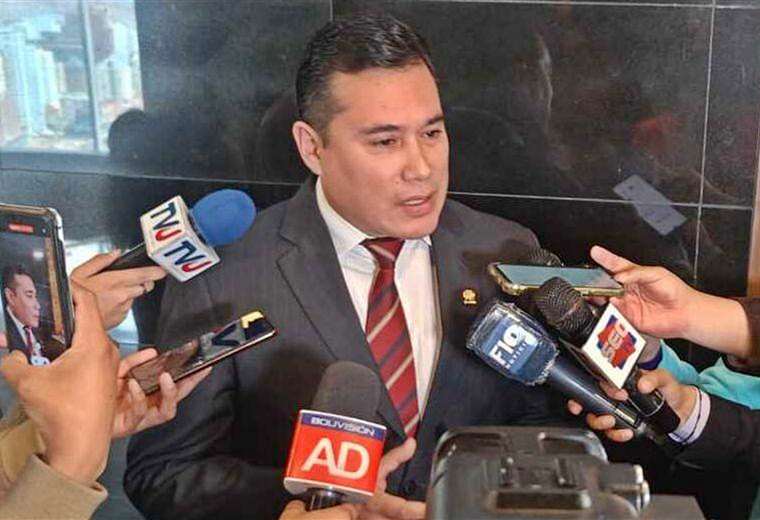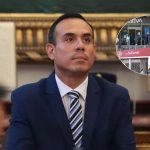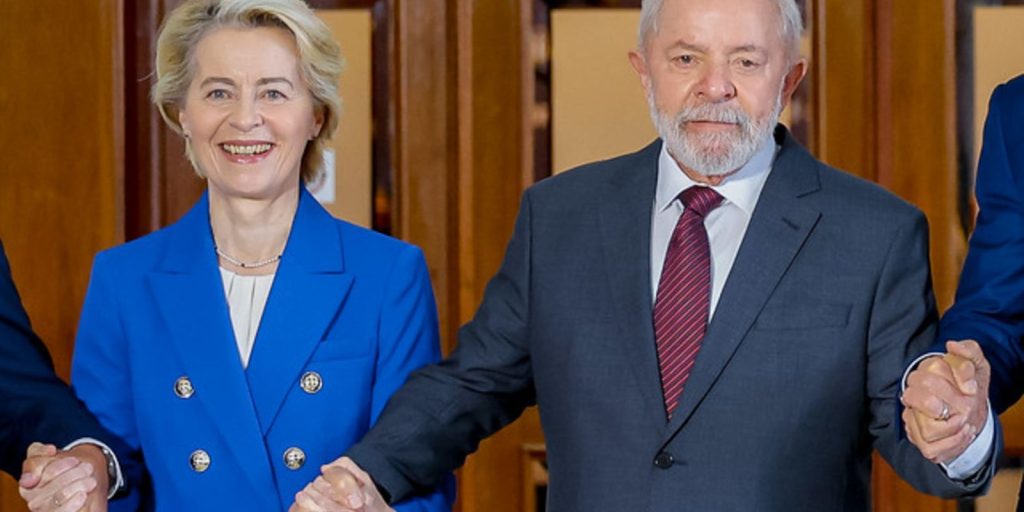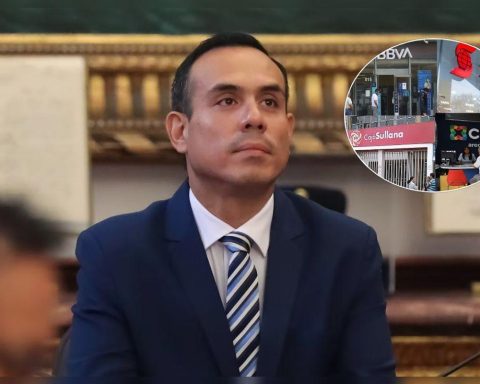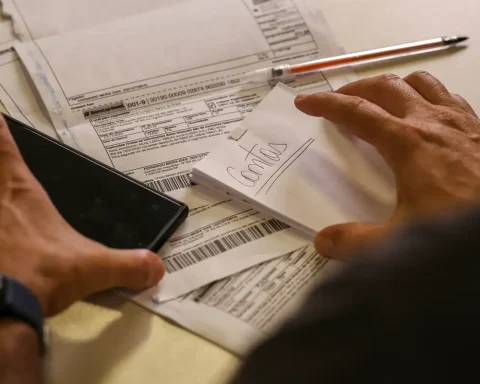December 6, 2024, 1:16 PM
December 6, 2024, 1:16 PM
In the midst of the debate on the General State Budget (PGE) for 2025, deputy Óscar Balderas, representative of the Citizen Community (CC), proposed the elimination of life annuities that The Bolivian State appoints former presidents, former vice presidents and an unspecified group of “notable figures.”
According to Balderas, this measure could free up Bs 38 million annually, an amount that he considers vital to redirect towards programs of economic development and at a time of economic crisis that affects the most vulnerable sectors of the population.
“It is inconceivable that, in a country where 80% of the population is economically informal, we continue to finance these unjustified privileges,” said Balderas.
The legislator formally sent his request to Andrés Flores, president of the Planning Commission of the Chamber of Deputies, which is currently reviewing the PGE-2025 project, seeking its final approval in the Legislative Assembly through a special law.
Law 376, enacted in 2013 during the government of Evo Morales, establishes that former constitutional presidents and former vice presidents have the right to a monthly payment equivalent to 10 national minimum wages, currently close to Bs 25,000.
Among the current beneficiaries are Evo Morales, Carlos Mesa, Jorge Tuto Quiroga, Jaime Paz Zamora, Eduardo Rodríguez Veltzé and Guido Vildoso, as well as Álvaro García Linera and Víctor Hugo Cárdenas. Due to legal and political controversies, Jeanine Áñez does not receive the amount.
Additionally, a lesser-known segment of the program includes “notable people,” a diverse group ranging from artists and athletes to historical figures and widows of national heroes.
According to data from 2013, this category benefited 76 people, although many have died since then.
Transparency
Balderas criticized the lack of updating in the records of the National Delivery Service (Senasir) and the Ministry of Economy, denouncing possible irregularities, as payments to deceased beneficiaries such as the case of Domitila Chungara and the wife of Marcelo Quiroga Santa Cruz.
“We need transparency. How many of these resources continue to be allocated without valid justification? “The State must act responsibly in response to the needs of the majority.” he pointed out.
The deputy also highlighted the disparity in the amounts allocated: while the former presidents receive Bs 25,000, other beneficiaries, As widows of national heroes or artists, they receive significantly smaller sums, from Bs 1,000.
“It is a system that not only perpetuates privileges, but also lacks distributive logic,” he emphasized.
Impacts
According to Balderas, the Bs 38 million annually could be allocated to initiatives with tangible impact, such as promoting tourism and supporting entrepreneurs.
“It is time to prioritize investment over spending. This money could generate jobs and boost the economy, especially in a context of global economic crisis“, argument.
The proposal includes the repeal of Law 376 and the elimination of lifetime payments, a measure that the deputy considers urgent to guarantee greater fiscal equity.
Additionally, Balderas urged his colleagues in the Legislative Assembly to support the initiative unanimously, calling it an opportunity to “send a clear message of social justice and economic responsibility.”
annuities
The annuity system dates back to the 1970s, when the General Treasury of the Nation (TGN) began to grant these benefits through senatorial resolutions.
In 2013, Senasir assumed the administration of the program, although since thennthen the records have not been updated properly.
Among the historically identified beneficiary groups are martyrs of democracy, heroes of the Chaco War, prominent artists and athletes, and widows of political leaders.
According to a 2013 report, the system included 18 categories, with amounts ranging between Bs 1,000 and Bs 25,000.
